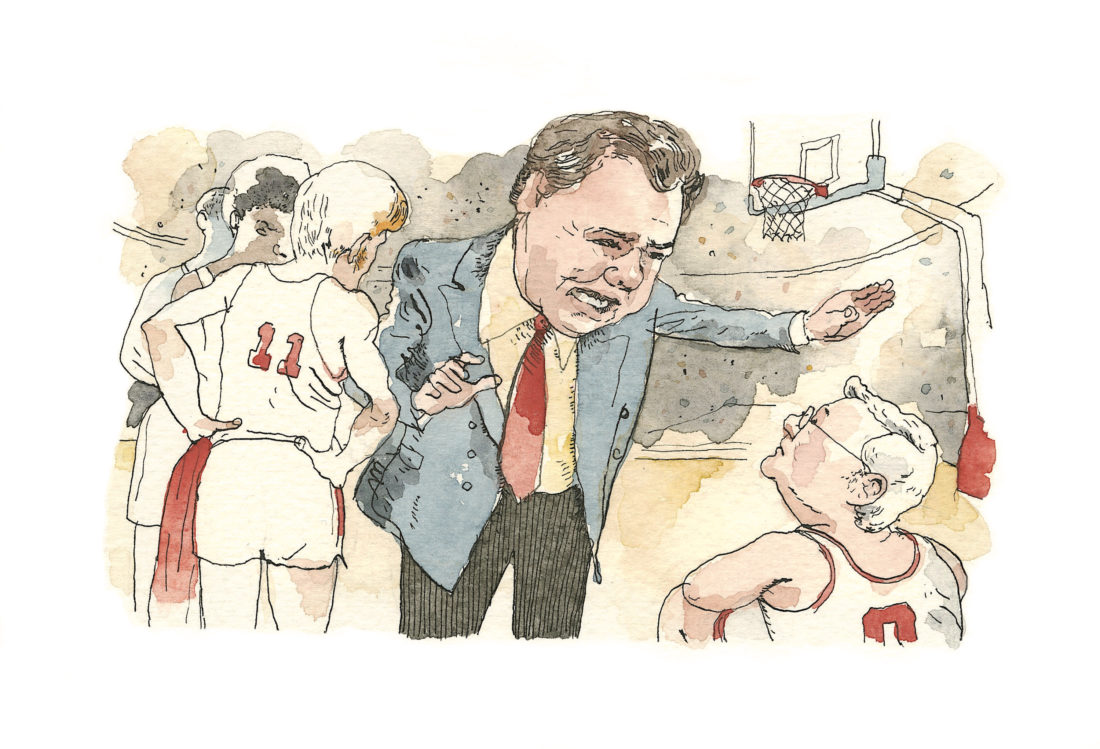I don’t like to make rules. If you do, a guy goes out and steals an airplane. He says, ‘It wasn’t in the rules.’”
“In Oklahoma, you got to obey the white man’s law: Never steal anything smaller than a state.”
“I don’t jog. If I die, I want to be sick.”
The man who uttered all those words was from Oklahoma. Are Oklahomans Southern?
Take Reba McEntire. As far as I am concerned, she is welcome anywhere. She is country enough to be Southern. But her roots are in the rodeo. Her state wasn’t even a state until long after the War between the States.
Other Oklahomans: Merle Kilgore, Roy Clark, Gene Autry, Garth Brooks, Ralph Ellison, Merle Haggard’s Okie from Muskogee. All have had a bearing on Southern culture. But so did William Tecumseh Sherman. Okay, not a good analogy—no Oklahoman ever burned Atlanta.
But neither did Ray Charles sing “Oklahoma on My Mind.” And I can’t picture a big windy Broadway play called Alabama!
Roger Miller grew up in Oklahoma. He was born in Fort Worth, Texas, though, which was part of the Confederacy. And whatever state any of my marriages have been in, there has always been room in my mind for Roger’s song “Husbands and Wives.” The bridge of that song weaves rhyme and off-rhyme, beat and offbeat, logic and slant logic, vernacular and elegance, enjambment and flow:
It’s my belief
Pride is the chief
Cause of the de-cline
In the number of
Husbands and wives.
Maybe that’s not simple enough to be Southern. Roger’s songs have so much fun with themselves (“The Last Word in Lonesome Is Me”), they get friskier the sadder they get.
How about this Oklahoman, then:
Vince Gill singing, “Nobody answers when I call your name.” Old boy comes home, calls out to his sweetheart as usual, and…nothing. That’s simple. Breaking up can be worse, even, than staying together ever was.
Granted, Gill has now joined the Eagles, which is not what Stonewall Jackson would have done. (The general, not the singer of “I Washed My Hands in Muddy Water.”)
Anyway. The man who spoke those quotes up there, Abe Lemons, was a basketball coach from Ryan, Oklahoma. He boiled things down to a simple level. When asked why he recruited a high schooler named Jack Langley who had never played organized basketball, Lemons said:
“A poodle got loose, and Langley caught him. Any six-foot-nine boy who can catch a French poodle in the field house is worth a scholarship.”
He could be critical. Charles P. Pierce, the sportswriter, once wrote that Abe “gave me the best one-line summary of another human being I ever heard: ‘Him? Likes to make waitresses cry.’”
In 1975, I spent a couple of days on the road with Lemons and his team at the time, the Pan American University Broncs. I heard him threaten his players: If they didn’t win the next night in the extremely unrocking town of Amarillo, Texas, they would have to stay out till eleven o’clock. They went to a gym somewhere to practice. The balls never showed up. Lemons had them shoot layups with a player’s floppy hat. The next night, they won a good tight game.
“I’d rather have tricky players than tricky plays,” he said. “There are really only two plays, Romeo and Juliet and put the damn ball in the basket.” But his teams were disciplined. And diverse: not only Black and white, but Native American and Mexican American. He cared about them but didn’t hover. Asked how many of his players had graduated, he said, “Every one of ’em that wanted to.”
He was a good coach. In l978 his Texas Longhorns won the National Invitation Tournament. His fellow coaches voted him national coach of the year. He looked a little like Walter Matthau, without the scowl. He wears an impish grin in most pictures—but not in the one where he looks like he’s going to gnaw the head off an opposing coach who tried to get between him and his players.
His plainspokenness helped get him fired, by an athletic director whose background was in track. “It’s easy to coach track,” Lemons said. “All you have to do is tell ’em, ‘Keep to your left, and get back as soon as you can.’”
We hear so much these days about the power of dictators. The late Abe Lemons lingers as a breath of fresh air, something the South so often needs.








